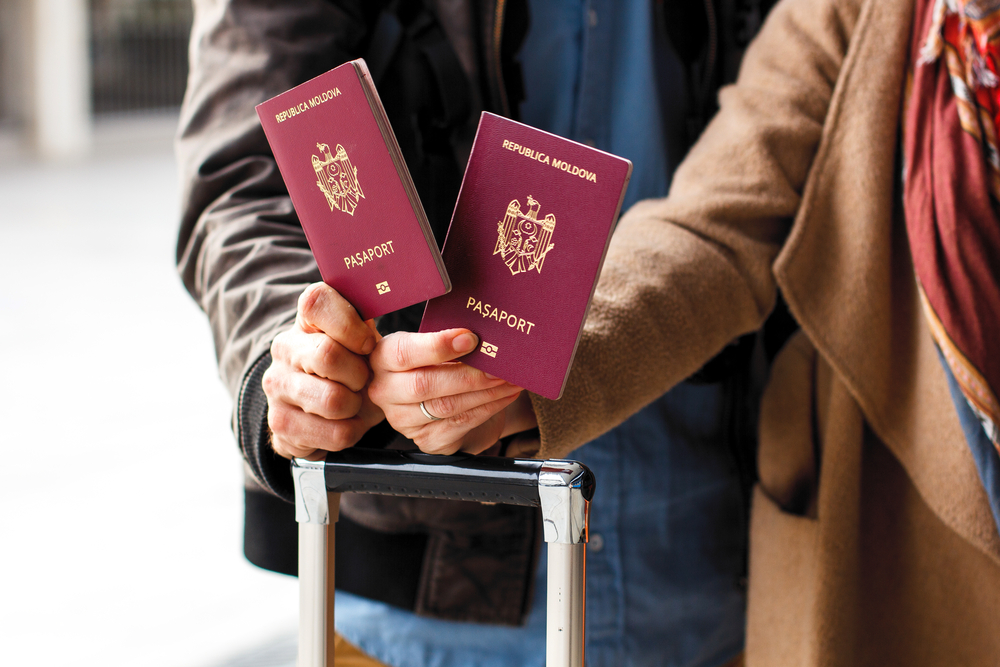An article making the case against recreational travel recently garnered attention, prompting many to jump to the defense of tourism. Regardless of one’s ultimate conclusion regarding the value (or lack thereof) of travel, the article’s author, Agnes Callard, makes some compelling points. The fundamental argument of the piece is that travel does not actually provide the benefits we tend to ascribe to it. A commonly accepted narrative is that travel allows us to grow in personal insights, connect with others, and to have our presuppositions challenged. However, if we are fully honest with ourselves, travel rarely seems to actually have these effects. This is perhaps most clearly displayed when we analyze the behaviors of others. While it might be easy to trick ourselves into thinking travel engenders personal transformation, if we evaluate its impact on our friends and family, we must confess that travel’s transformative impacts are few and far between. Our friends and family appear to stay mostly the same, regardless of their most recent global trek.
So in the face of this counter-evidence, why do we still insist on touting the many virtues of travel? Callard concludes by claiming that travel helps shield us from reflecting on our own mortality. Structuring our lives around our next adventure allows us to feel like the future is full of wide-open possibilities, when in all actuality, such adventures are powerless to change our eventual fate.
While there are various places one could object to Callard’s chain of reasoning, I hope to offer at least a partial vindication of the value of travel by appealing to its contributions to our moral imagination. I agree with Callard that the link between personal transformation and travel can be overstated, but I contend that travel (at least in principle) has the capacity to reshape our moral lives in helpful ways. Moral imagination consists in our ability to effectively identify the full array of options when it comes to ethical thinking and decision-making. A well-cultivated moral imagination is what allows us to transcend mere moral convention and to strive for better ways of living. It allows us to act intentionally in ways that we deem morally ideal, regardless if we see others around us acting in a similar manner.
The concept of moral imagination is multifaceted, so I’ll unpack two aspects of moral imagination in order to illustrate my claim about the potential of travel. One such related concept is that of framing, which deals with the frame of reference through which one engages the world. Depending on one’s frame, one might be more or less likely to ignore morally salient features of situations. For instance, someone who grows up on a dairy farm might be shut off to the possibility of ethical veganism, not due to having a substantive objection to the position, but merely due to a lack of exposure to the idea. The cultural factors relevant to the individual’s environment which make the viewpoint seem intuitively implausible, function to exclude it from one’s frame.
Of course, just because it doesn’t fall within one’s frame doesn’t exclude it from potentially being the morally correct position. Particularly when one has limited exposure to other ways of life, travel can help expand one’s frame to be inclusive of a wider array of moral possibilities and categories. Regardless if the dairy farmer still opts to reject ethical veganism after considering the position, it seems morally preferable that they reject it for considered reasons as opposed to failing to ever consider it.
Another dimension of moral imagination is that of having well-developed moral vision. One who has moral vision lacks significant ethical blind spots, and such an agent can readily identify the morally relevant features of situations. The opposite of moral vision is that of moral myopia or moral blindness. Consider a young business owner who is seeking to grow her company. She might very well decide to outsource the material production of her products to a nation with less regulation around such activities. However, she fails to do her due diligence, by opting not to look too deeply into the working conditions of the employees producing her company’s products. The business owner’s frame allows for the consideration of the workers’ conditions, it’s just that she also experiences financial incentives to avoid seriously grappling with the issue in front of her, which potentially prevents her from coming up with creative solutions.
Since widening one’s moral frame and strengthening one’s moral vision are constitutive parts of fostering moral imagination, what positive role does travel supposedly play? Let’s start with unpacking the link between travel and the expansion of one’s moral frame. One’s moral frame is established by the set of experiences, assumptions, and beliefs one brings to the table of moral deliberation. If we consider the dairy farmer example, it is plausible to think that the experience of other cultures, which revere animal life differently and consume an alternative kind of diet, would encourage him to consider other ethical outlooks. Insofar as stretching one’s moral frame is directly linked to the expansion of moral possibilities, travel is the ideal tool since it allows for the consideration of diverse perspectives. Of course, Callard is correct in her assertion that the mere opportunity for such consideration does not mean that people will actually take advantage of the opportunity. It is simply to say that travel affords one increased potential to grow their moral imagination via exposure to diverse perspectives.
Similarly, we have good reason to think there’s a positive relationship between travel and the prevention of moral blindspots. There are certain daily realities faced by those in different cultures, socio-economic brackets, and religious systems, which we fail to consider in our moral deliberations. This fact might be particularly relevant when considering topics like the ethics of charitable giving and the way we engage with the global economy. Failure to appropriately appreciate the ways in which our actions (or inactions) impact those in our global community can certainly lead to moral blind spots in these areas, due to certain cultural and financial incentives to continue on in relative ignorance. Thus, travel has a unique ability to shake-up the status quo of our moral life, providing us a rich avenue for the cultivation of our moral imagination.




